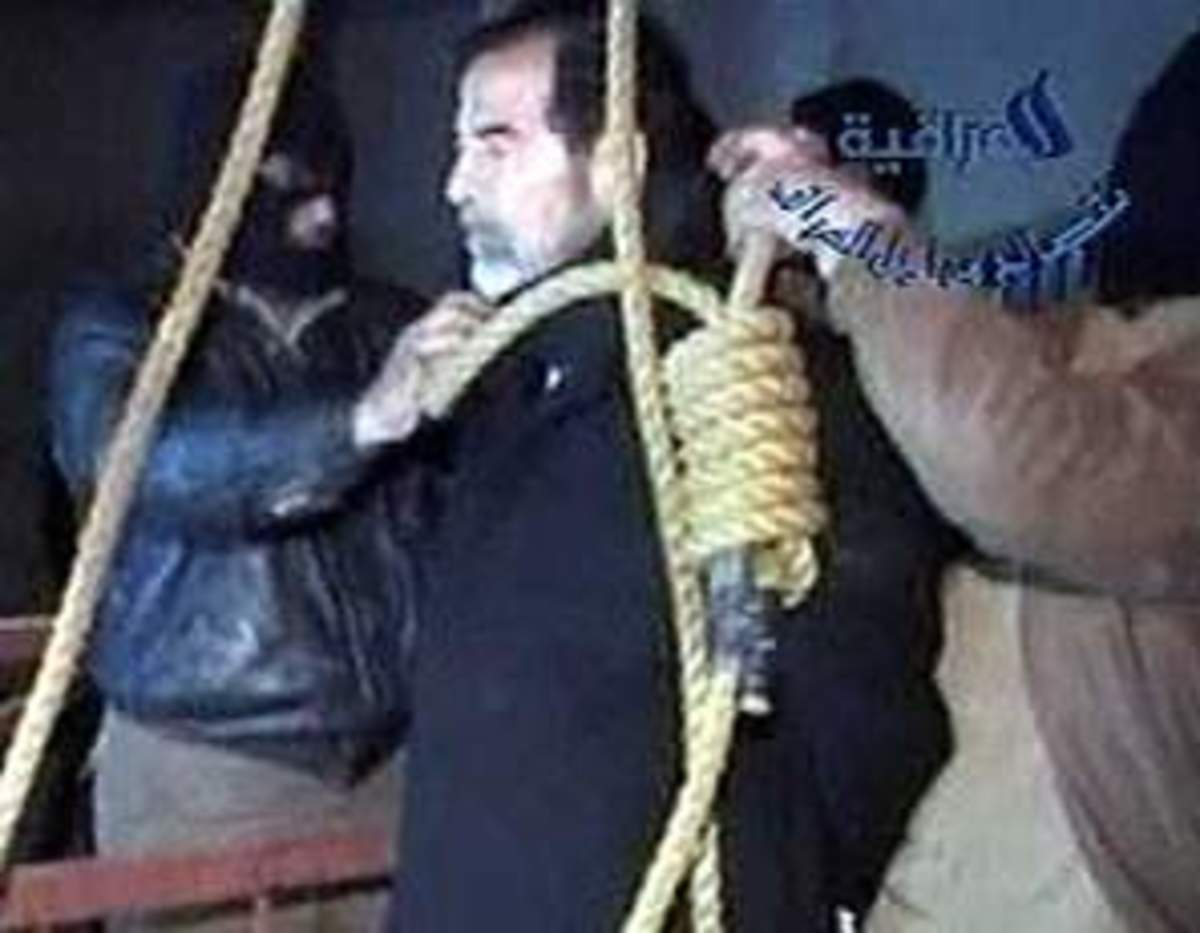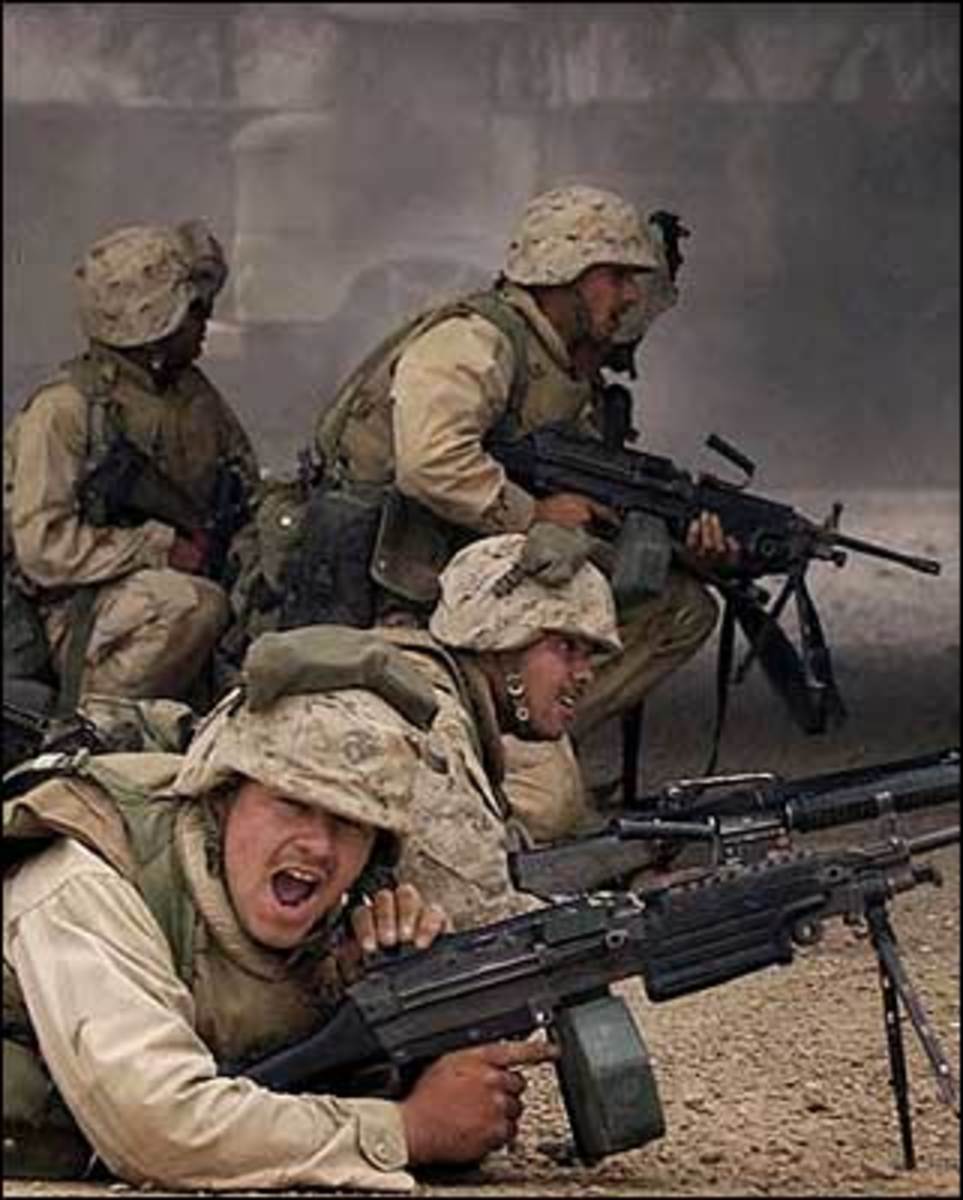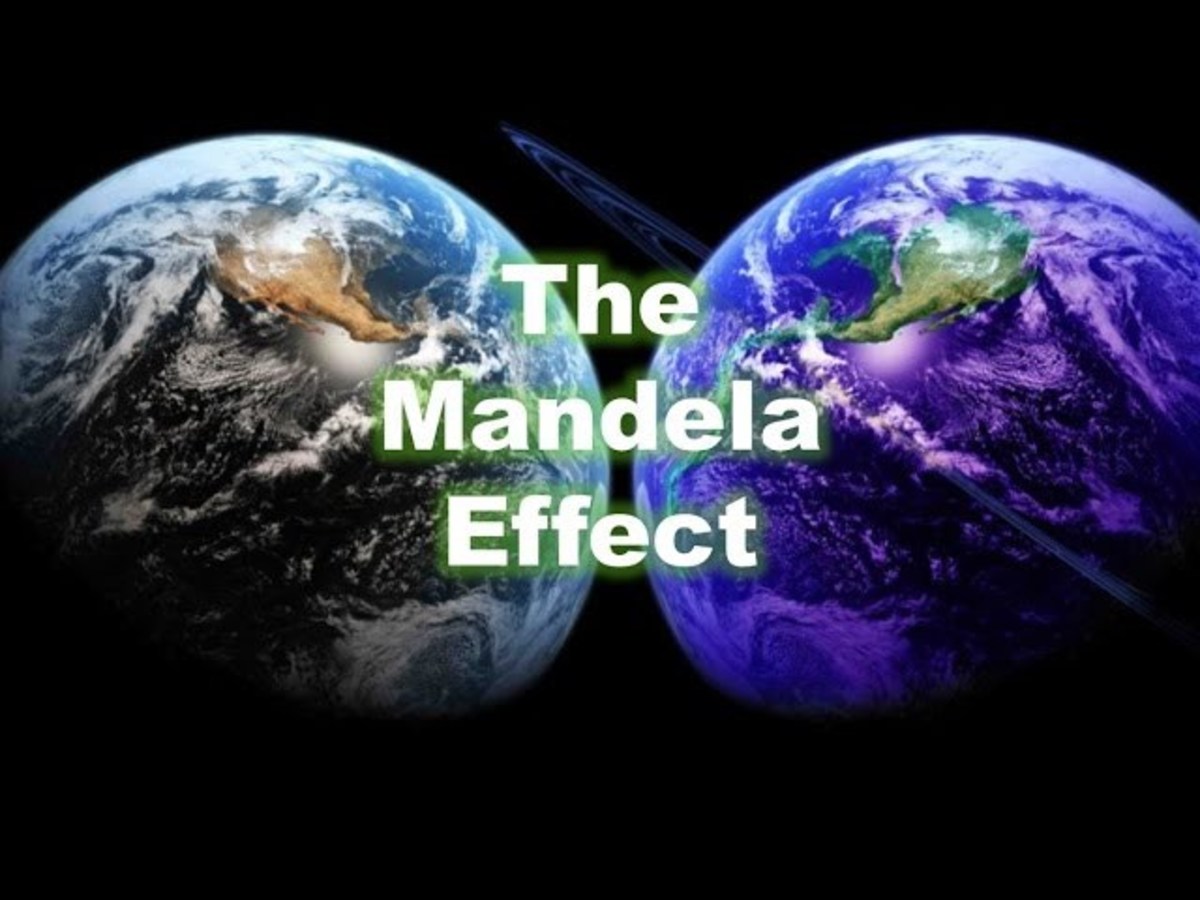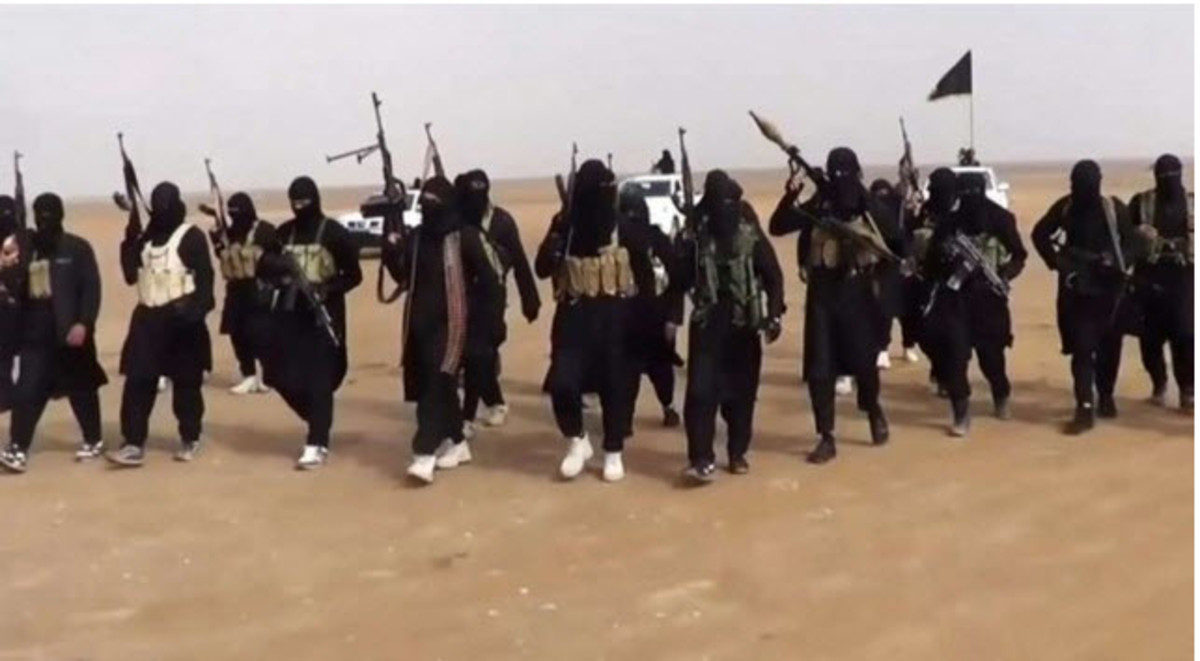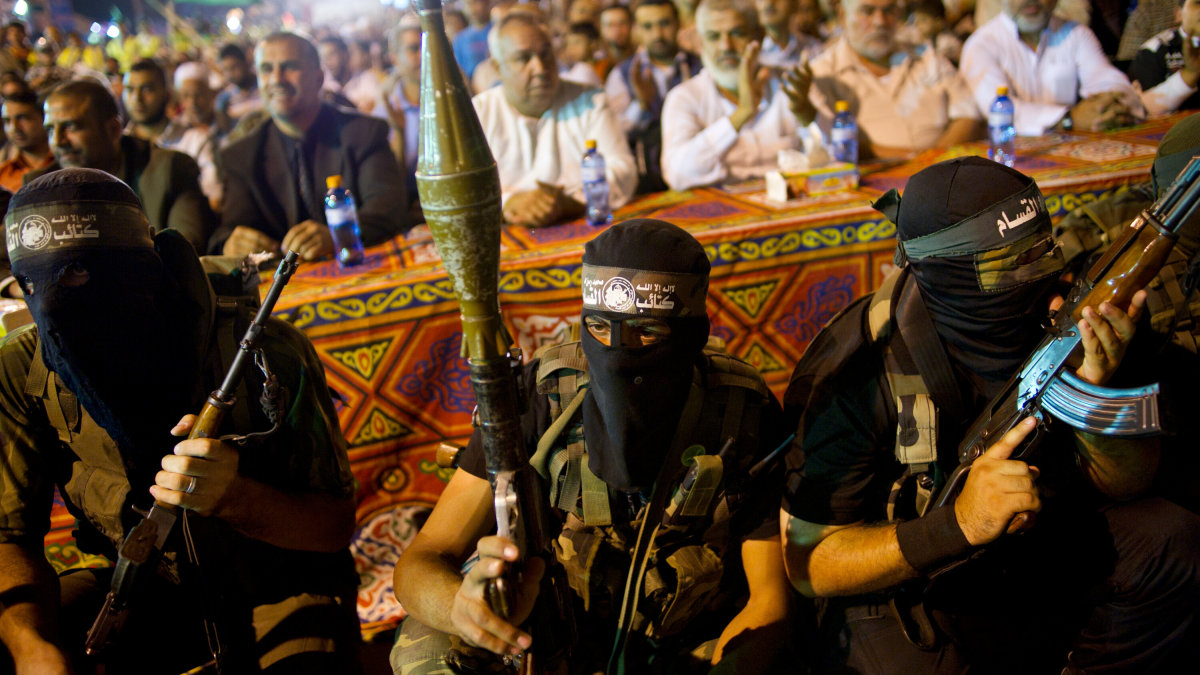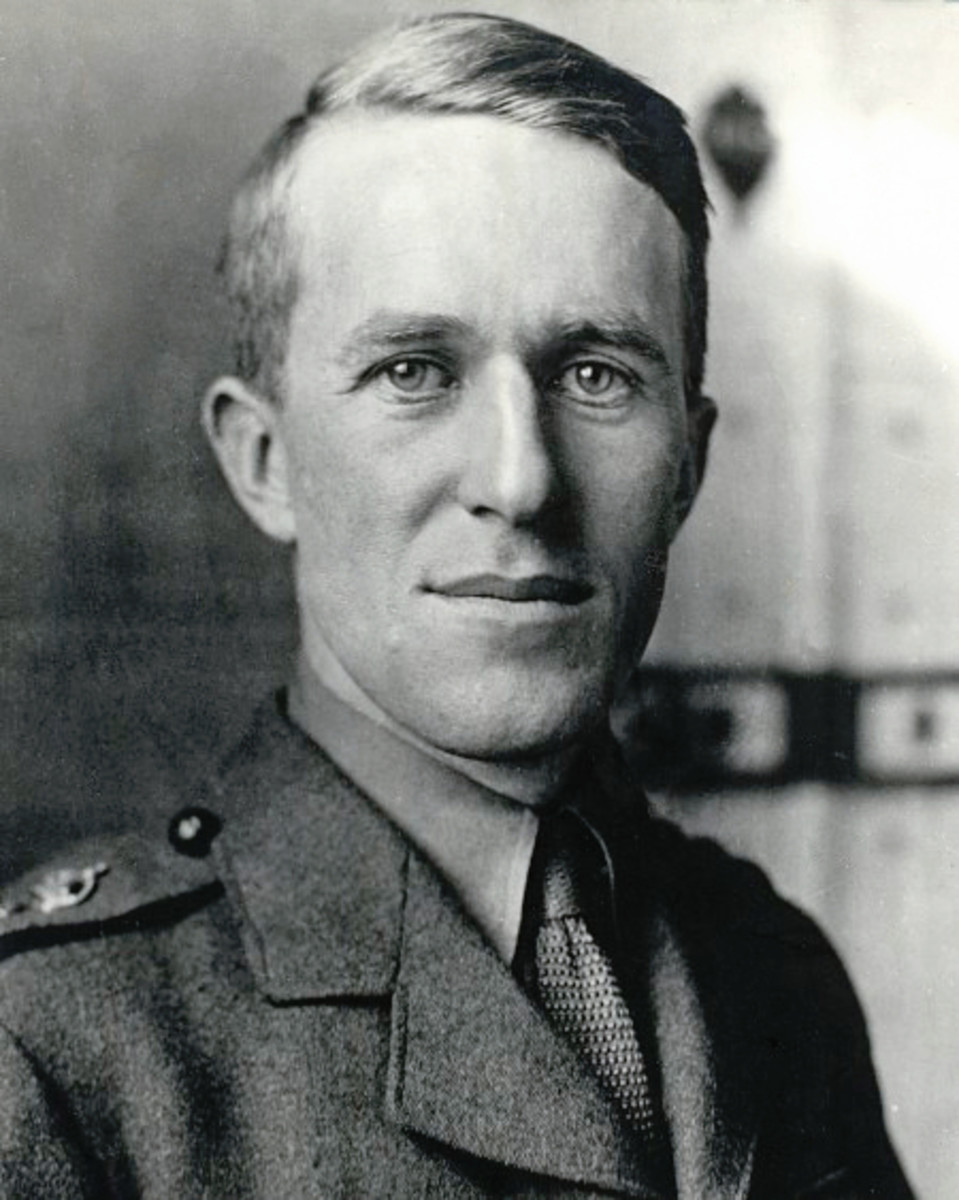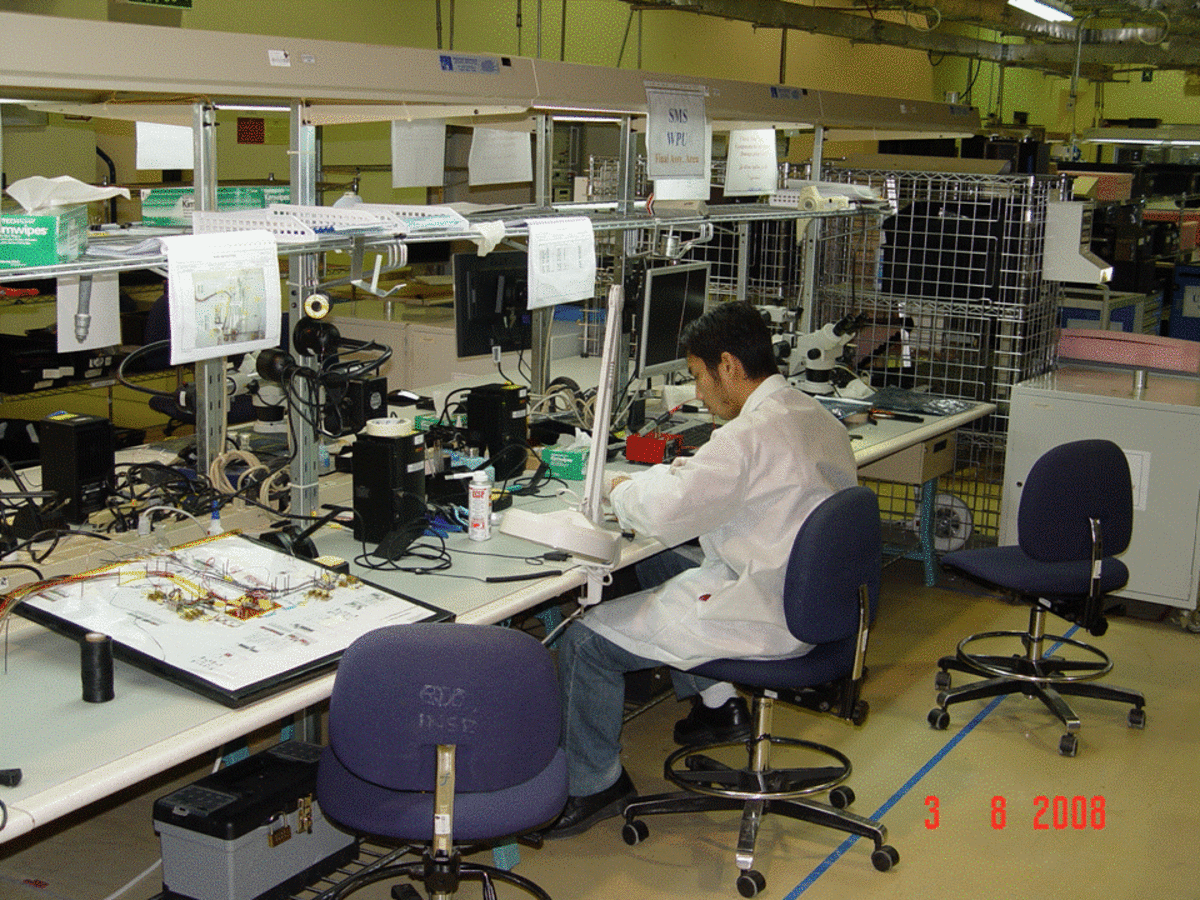Iraq, the Kurds and a personal tale
Why?
Many of you were either deployed in Iraq (or Afghanistan) or have had family sent there. When the pictures flash up on the TV screen it brings back memories (for me it does) some of them might even be good memories, but some won't be good and no matter how hard we try they just won't go away!
I am Ex Army myself but I didn't deploy to the Middle East. I had the special privilege of working there for three years as an aid worker in some of the most harrowing yet rewarding circumstances imaginable, and I want to say I would do it all again tomorrow if I could!
I've got to admit. This is an article that I've wanted to write for a long time. Yet I've also been afraid to write it as I wasn't sure I could do the story justice. But with all that's going on in the Middle East at the moment the time for writing has come and I pray that I'm up to the task of what needs to be said.
It sounds really strange starting an article like that, but what I'm sharing is a picture of Iraq in general and the Kurds in particular that is unique and I had the privilege of experiencing.
Iraq and Syria are in the news at the moment with ISIL (or ISIS) now taking over much of the country and causing havoc with all kinds of atrocities, it's easy for us to wonder whether the last ten years and the "War on Terror" was really worth the human cost with so many lives given to seemingly leave it in such a mess. Yet I want to share my story and to tell you why I strongly believe in it all.
In the beginning
January 16th 1991 was the day that the world changed forever. It was the day that the Airborne phase of operation Desert storm started. the beginning of the war to drive Saddam Hussein and his minions out of Kuwait and protect the world's oil supply.
The entire United Nations was behind the effort and over 100 countries sent men and equipment to that end.
The campaign, led by the United States was a spectacular success with very little loss of life for the Allies but for the Iraqis it was a different story. Over 100,000 lives were lost in the initial stages of the war, then came the aftermath.
The UN forced the Coalition to stop short of removing Saddam (none of the Arab states would support them going that far) so the plan was to have the Iraqis do it themselves and encouragement was given for them to rise up and do it, they even promised help!
In the North, the Kurds, a persecuted minority who had suffered at the hands successive regimes in Baghdad were only too willing and they did, then Saddam retaliated. Using a clause that he'd had inserted into the ceasefire deal he was able to use his helicopters (the coalition had left it in there in the understanding that they were to transport the wounded from the Battle lines of desert storm) against them. Gunships carrying 30mm cannon and rockets against unarmed civilians fleeing for their lives.
In the space of three weeks over 100,000 civilians were killed and over 1,500,000 had fled into the mountains in the middle of an Iraqi winter with nothing but the clothes on their backs.
Winter in Iraq is particularly brutal with temperatures dropping down below freezing for days on end and snow often waist deep in the mountains, it's no place to be unprepared!
My first time
I first went there about a year after Desert storm. One thing that had happened after the Media had shamed the west into acting (yes they had to be shamed into acting) was that the UN had responded and realizing the scale of the crisis had appealed for people who spoke the language to respond.
Of all the people working in the region the only ones who learn the language are the Christians so almost all who responded to the crisis were Christians showing the love of Jesus.
Many of those who first responded had no real idea of what they were getting into. Every village within 30 miles (50 Kilometers) of the Iranian border along the entire stretch of border that the Kurds shared with Iran a stretch about 200 miles long had been obliterated by artillery fire AND THIS WAS DONE AFTER THE WAR WITH IRAN BUT BEFORE DESERT STORM!! Then to make sure that the people didn't re-settle them Landmines had been planted in the rubble! Over 4,000 villages obliterated. Along with that was the carnage of burned out buses that had been filled with people trying to flee! And that was the start.
Arriving
I first visited about a year after the "safe haven" was set up. I was on a ten day fact finding trip with a friend who'd been there at the beginning. We'd spent the year in Egypt learning Arabic. At first we were greeted with "Oh no not two more idiots who don't know what they're doing" But I'll never forget after seven days of traveling round the country getting back to Zakho on the Iraqi Turkish border where a number of agencies were based and translating for the team leader there when a village elder had come wanting help rebuilding their village near the Iranian border and trying to tell him that it was just too dangerous! Not only were there landmines in the rubble but Saddam wasn't the only bad boy in town and there was constant fighting between the Kurds, the Turks and the Iranians in the area and hearing his response, "You just don't care about us!"
After the trip the team leader was asking us to come back and we did a few months later. I stayed for three years and we saw some amazing things happen.
Take a look where they live
Who put this video together
Xelil Ebdula is a talented Ney/Oud player from Silemani, South Kurdistan. He has done very nice works for a lot of singers from South Kurdistan. This is a little Kurmanci folk music that I find kind of unique, so I thought I would share it with you all.
The Kurds only ever write love songs that are sad ones. I was listening on YouTube to this and I have to put it into the Hub. It shows some of the beauty you'll find there.
Who lives in Iraq
When we hear about Iraq we often think simply of Arabs and Muslims. But the truth is Iraq is made up of many different tribes and Nations. Until 1919 the state of Iraq never existed! It was created by the British to reward the Hashemite clan of Mecca for supporting the British against the Ottoman Turks in WW1
Iraq itself is made up of at least three distinct groups
- The Marsh Arabs. strictly speaking they aren't Arabs but the descendants of the Ancient Akkadians who lived in the area from the beginning of time. Today they are Shiite and hated by the Sunnis to the North, The present government of Iraq is made up mostly of this group. They are the biggest single groups but only make up around 60% of the population, after Desert storm they suffered more than the Kurds even yet because they are Shiite no one went to their aid so they turned to the only ones who've ever helped them IRAN. Situated in the south of the country their sphere of influence goes North as far as Baghdad, Najaf and Karbala two of the most important sites in Shiite Islam
- The Sunni Arabs. live mostly in the Middle of the country they were the ruling tribes under the previous governments (including Saddam) they like to look on themselves as the successors to the Babylonians. They are Sunni Muslim and many of them came up with Faisal the first King of Iraq back in the days when the British ruled the region.
- The Turkomen. Never heard of them? Not surprising really as there are only a few thousand Turkomen living in the area. They mostly live to the North around the city of Kirkuk. The Turkomen aren't Arab and they aren't Iranian. Originating from Central Asia they came during the early Middle ages and settled the area. They're mostly Sunni Muslim.
- The Christians. There have been Christians in Iraq from the earliest days of the Church. Many of the ones I met were proud that their faith was brought to them by the Apostle Thomas on his way over to India. Mainly split into two groups that take the names of the Ancient peoples of the region. The Assyrian Christians live mostly in the North and are proud to claim that they are the descendants of the Ancient Assyrian Empire. The Chaldean Christiansare mostly from around Baghdad and trace their ancestry back to the Babylonian Empire (both these groups will quietly tell you that the Muslims can't really claim true heritage as Islam came along much later and intermarried with the converts to Islam where the Christians haven't!)
- The Yezidi Kurds. Are true Kurds whose faith goes back before Christ and have always lived in the area they live now. Every Kurd (Muslim or not) will tell you that the Yezidis are Kurds and they are 'brothers'
- The Kurds. Mostly Sunni Muslim living in the North and over the border in Turkey as far north as Lake Van and Mount Ararat. Their land spills over into Western Iran and Eastern Syria, to the Kurds they are Kurdish first, then they belong to their tribe and then they think about what border they live within That's why the Iraqi Kurds, Iranian Kurds and the Turkish Kurds have gone to help the Kurds in Syria!
"We have no friends but the mountains" is an old Kurdish saying that has proven true so many times
Why do we do it?
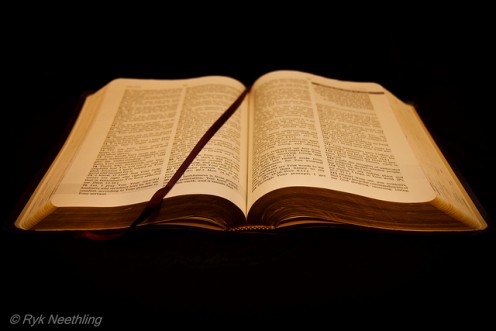
Some fond but stressful (at the time) memories
Some memories are fond ones, some are difficult but all of them are part of the whole picture of what we did and what God achieved through us. Yes it was God that achieved it and it's only by his grace that I survived to tell the tale.
Like the time about three months into my stay in Iraq, I was living in Arbil the main city. There'd been trouble with the Islamic fundamentalists coming over from Iran at the time. Gun battles in some cities but everything was quiet in Arbil then two days after Christmas all hell broke loose. The fundamentalists tried to capture Arbil! and I was caught out at the local market when the fighting started.
The gun battle raged for 27 hours, the local Peshmerga thoroughly trounced the Fundamentalists, rounded them up and shipped them off to Iran with a clear message "Don't come back!!!"
Or the time when the Turkish military had crossed the border with three divisions pursuing Turkish Kurds who'd been raiding in Turkey. thousands of people were displaced and we needed to get food to them in the middle of winter. The Turks told us we could take the food in about a week but we knew that these people didn't have a week so I bluffed our way in with a food convoy (totally B.S. ing my way past the checkpoints as they thought we were a UN food convoy! No wonder Turkey doesn't like me!)
One of my favorite memories is helping out a Christian village that had not had any help from the UN for months. It was the local Priest who came to us with that request. When we talked to the UN they gave us the food on condition that we deliver it so we did and as a thank you the village wanted to invite us to a meal. When I said no (they had nothing, how could I take from them, it just didn't feel right!) they got really antsy so I asked one of my Kurdish workers for help explaining why not. His reply was precious "Mr Lawrence, if you don't stay for the meal, THEY JUST MIGHT SHOOTS US!!" so we stayed and had the toughest chicken I've ever eaten but with people so happy it made it worth all the while. Their "Church" was a mature Oak in the middle of the village (I'm English, Oak trees have a special place in our hearts and in mine it's even more special)
Is it worth it?
Has anything changed? and what can we do?
It was nearly twenty years ago that I left Iraq and it would be so easy to say that nothing had changed but the truth is a lot has changed. When I first arrived Zakho was without electricity (Saddam pulled the plug on that). We had none for two years. The Kurds were the recipients of our help, now they're giving it to people who aren't the same faith!
The Kurds often told us that they thought we were nuts because we as Christians were their traditional enemies and had been for a thousand years (did I tell you that in that area of the world people have long memories and the crusades only happened yesterday!) yet here we were loving our enemies, in their book that was nuts and anyone who did that deserved to be listened to!
For me, my time came to an abrupt end that when I see the news I still struggle with not being able to be 'boots on the ground' (I used to love fireworks when I was growing up, since Iraq that love has turned to hate! can still smell the cordite) but there are things that I we can do to help these people. below are a few, for those who aren't people used to talking to God don't hang up yet as there are some things you can do after the first one
- Pray. probably the most important of all. The soldiers of ISIL aren't actually the real enemy, they're just men trying really hard to live a life that pleases God! They have however been poisoned by the Mullahs spouting hate. Five times a day the Muslim prays the words "Show us the way of the poor in spirit" Pray that God will do that and that God will protect the people there.
- Get involved. One thing I hear a lot that really annoys me is "The money I give doesn't get to the people!" I really see red when I hear that! Four charities that I can't recommend highly enough are World Vision, Tear Fund, The Barnabas Fund and Operation Mercy (I was with Operation Mercy)
- Hold our governments to their promises! We promise so much and fail to deliver! Hold them to their word. Remind them that we are only as good as our word. There's a line I love from the Movie the two towers where the men of Rohan are holed up in Helm's deep with no hope of relief when all of a sudden an army of Elves appears who bring greetings from Elrond. The men are stunned but the Elves reply "Years ago there was an alliance between men and Elves, We've come to renew that alliance!" That says it all for me.
During the time there we helped rebuild villages. We built and equipped a 12 bed hospital for chronically malnourished infants (on a shoestring budget) and we saw both Kurd and Arab come to know Jesus. So much so that apparently now there are churches whose minister (Pastor) as once a Muslim Imam (Mullah) and the church is growing. It wasn't us who did this, it was God, he just wanted some people crazy enough to go!
To all those who spent time in Iraq I want to tell you it was worth it and one day you'll hear the these words sung for you
listen to the clip from Ray Boltz and leave a comment if this article spoke to you.
Thank you, what you did was give to God
The latest things
This happened only a few days ago
Nimrud is one of the oldest cities on the planet. It's history goes all the way back Genesis chapter 10 and is significant not just to the Iraqi community but also to the world at large.
Before you criticize Isil for their wanton destruction you need to realize they are being totally consistent with their Islamic faith of "You shall have no graven images" They believe that even to have a picture of a man on the walls of a building like a Mosque is not just wrong but blasphemy! So in their purge of the region they are destroying ancient artifacts that survived the Empires that came later, they survived Greeks, Romans, Byzantines, The Islamic conquest, the Ottomans, the British and finally Saddam but they are now being destroyed to 'purify the region' to create an Islamic state.
The Kurds are still fighting in the region but Mosul was always an Arab city with a large Christian population. Where have the Christians gone? The truth is they fled for their lives either abroad or into the Kurdish areas.
What they face now
The latest to come out. Worth a read
- Syria archbishop calls on West to back President Bashar al-Assad in war against Islamist rebels - Te
Archbishop Jean-Clément Jeanbart, based in Aleppo, says West should follow Russia in backing Assad regime rather than Islamist-dominated rebel groups

